


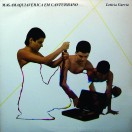

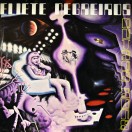
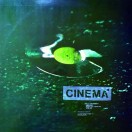
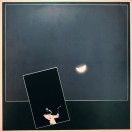

Author of Lindo Sonho Delirante about 100 daring records from Brazil released between 1976 and 1985, Bento Araujo has been digging into his personal collection and archives in order to immortalize one of the most dramatic, creative and revolutionary eras of Brazilian music. The perfect subject for a creative selection, focused on girls scene, emblematic of this counterculture.
Eliete Negreiros
Pipoca Moderna
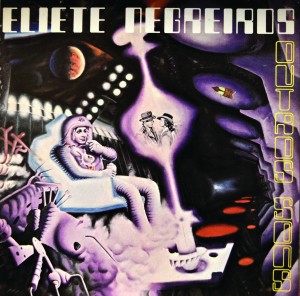
«Outros Sons, the debut album by Eliete Negreiros, was compared to manifesto album Tropicalia ou Panis et Circencis, since, according to the musical press, it also summarized an avant-garde movement, in a comparison between Tropicália and Vanguarda Paulistana. But the album, which Caetano Veloso called “a beautiful piece of work”, was more than just an introduction to the singer, it was a summary of her musical journey up until then, with her popular, classical and avant-guarde influences. “Pipoca Moderna” is a Brazilian standard written by Caetano and Sebastião Biano (from Banda de Pífanos de Caruaru).»
Letícia Garcia
Maga Maquiavérica (Mulher Duende)
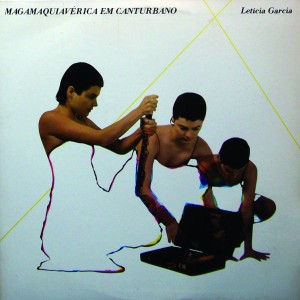
«São Paulo native Letícia Garcia was an eccentric and talented artist: she wrote all the words, played piano and clarinet, did all the voices, and also the complex vocal and instrumental arrangements of her obscure album, Magamaquiavérica em Canturbano. Does the tittle suggest a possible connection with the Canterbury scene? Or is it just wordplay? The cover, weird and even a little bizarre, but enigmatic, sets an ideal invitation for listening. The insert reveals an ambitious project, with involvement from 20 musicians.»
Jocy de Oliveira
Estória II

«This song reveals itself a true, far-reaching, idealistic, democratic and certainly provocative piece of work, which encouraged reflection and questioning – attitudes that were considered subversive in times of military dictatorship in Brazil. It is no surprise that the DOPS (Department of Political and Social Order) even banned some of Jocy de Oliveira’s installations, making her return to the United States (where she lived) before it was expected. Jocy de Oliveira is a pioneer of electronic music in Brazil. In her six-decade career, she has tried to reach an organic development in composition/execution, with no boundaries between life and art.»
Bené Fonteles
Aves e Frutos
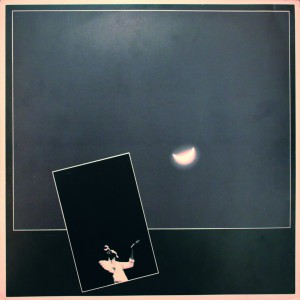
«Bené Fonteles is that kind of artist who has chosen to live, study and dig deep into the culture of its own country. He decided he would never leave Brazil and that he would try to live in several regions of the country, in order to fully understand its different cultural, social, ecological and spiritual realities. His music leans heavily towards regional and experimental, which is enhanced by special guests such as Tetê Espíndola, and here she sings about birds and fruits from Brazil.»
Cinema
Sem Teto
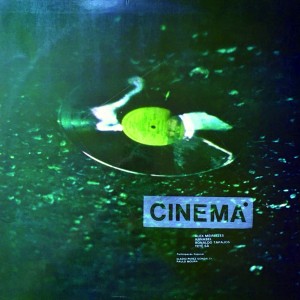
«Musician, poet, author and screenwriter Ronaldo Tapajós has always been involved with experimental and avant-garde music. Fast-forward to the end of the military regime in Brazil, 1985, when he released the independent LP of his Cinema project with his wife Tetê Sá, Alex Meirelles and Annabel. This fictitious soundtrack has a somber atmosphere, as if a haze of dark music insisted in hovering over joyful Afro-Brazilian rhythms. “Sem Teto” and Tetê Sá sweet voice appears on the amazing compilation Outro Tempo: Electronic and Contemporary Music from Brazil 1978-1992 by John Gómez and Music From Memory label.»